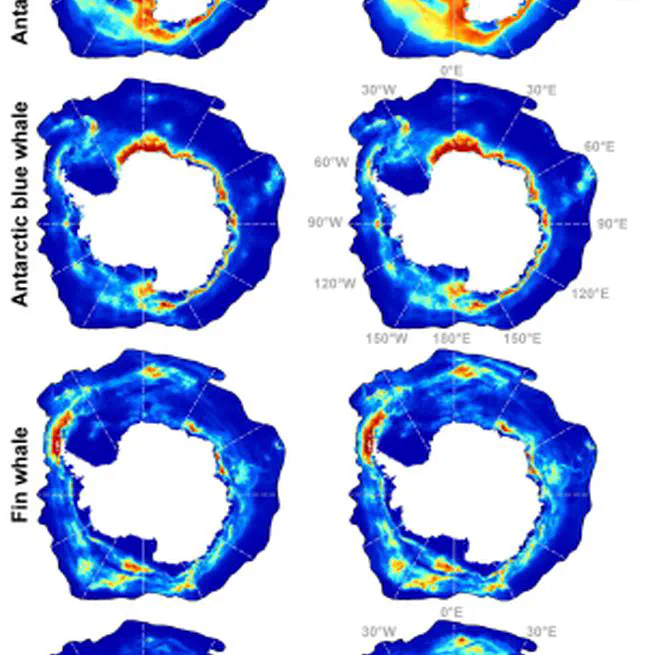
Static species distribution models in the marine realm: the case of baleen whales in the Southern Ocean Running title: Static SDMs in dynamic marine realm Authors: Ahmed El-Gabbas; Ilse Van Opzeeland; Elke Burkhardt; Olaf Boebel Ocean Acoustics Group, Alfred-Wegener-Institut (AWI), Helmholtz Zentrum für Polar- und Meeresforschung, 27570 Bremerhaven, Germany.
Apr 15, 2021
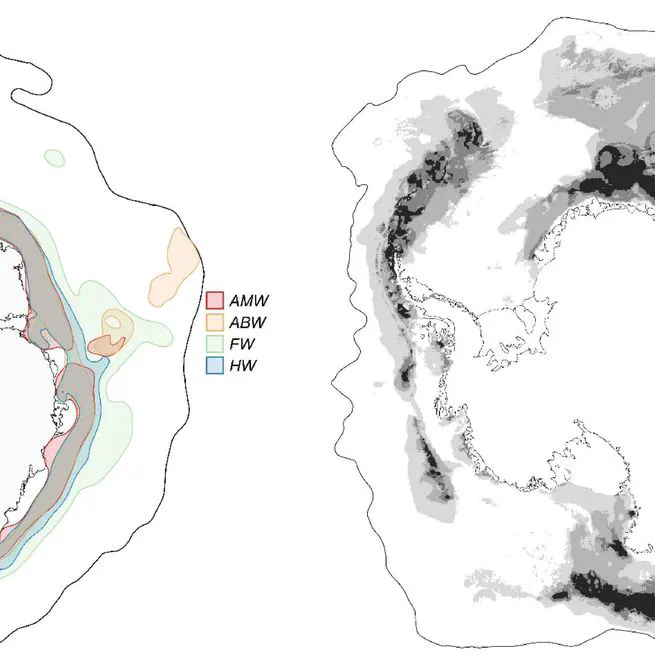
Dynamic species distribution models in the marine realm: predicting year-round habitat suitability of baleen whales in the Southern Ocean Species distribution models (SDMs) relate species information to environmental conditions to predict potential species distributions.
Apr 15, 2021
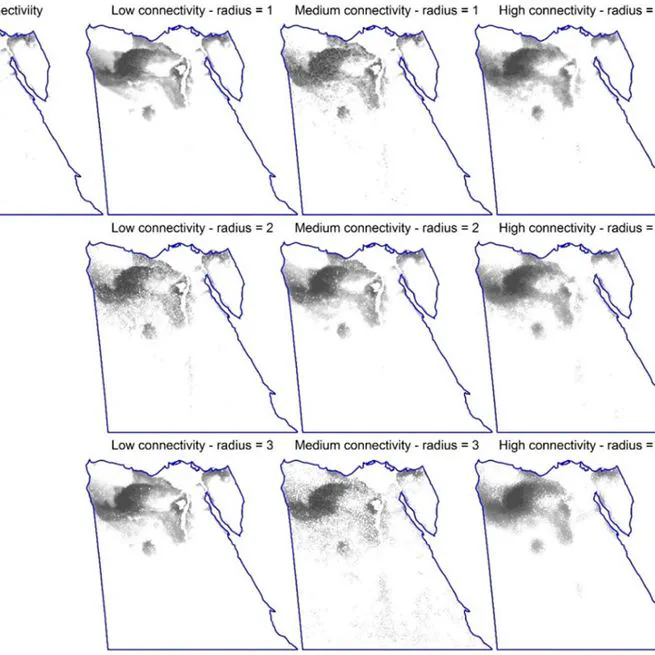
Spatial conservation prioritisation in data-poor countries: a quantitative sensitivity analysis using multiple taxa Running title: User decisions affect conservation planning Authors: Ahmed El-Gabbas1*, Francis Gilbert2, Carsten F. Dormann1 1 Department of Biometry and Environmental System Analysis, University of Freiburg, D-79106 Freiburg, Germany 2 School of Life Sciences, University of Nottingham, Nottingham, United Kingdom * Corresponding author – E-Mail: elgabbas@outlook.
Jun 21, 2020
Detailed information on cetacean distribution is crucial to identify large-scale conservation actions and management decisions. Understanding the ecological drivers behind their spatial patterns in the Southern Ocean is complicated by whales’ mobility and the logistic restrictions in collecting data in polar environments.
Dec 8, 2019
Understanding the dynamics of cetacean distribution in ecologically vulnerable regions is essential to interpret the impact of environmental changes on species ecology and ecosystem functioning. Species distribution models (SDMs) are helpful tools that link species occurrences to environmental variables in order to predict a species’ potential distribution.
Dec 8, 2019
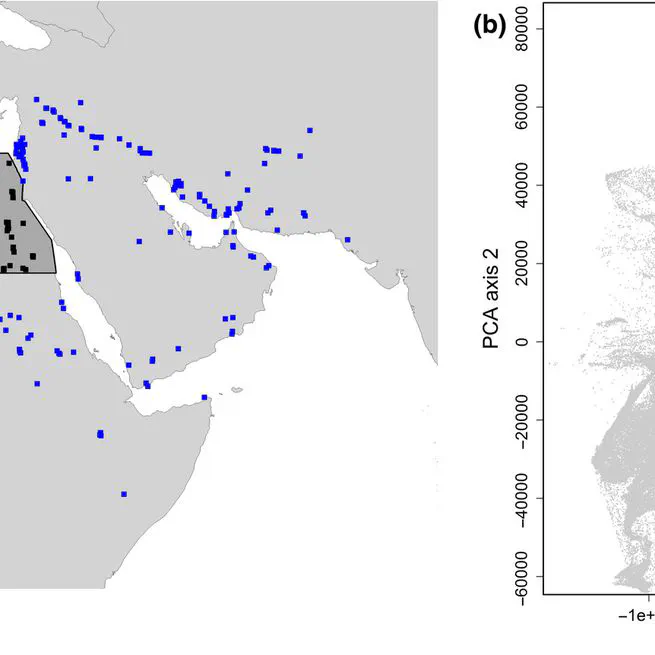
Wrong, but useful: regional species distribution models may not be improved by range-wide data under biased sampling Ahmed El-Gabbas Carsten F. Dormann https://doi.org/10.1002/ece3.3834 10.1002/ece3.3834 Species distribution modeling (SDM) is an essential method in ecology and conservation.
Jan 1, 2018

Main Supervisor:Prof. Carsten F. Dormann, Department of Biometry and Environmental System Analysis, University of Freiburg, Germany. Second Supervisor:Prof. Francis Gilbert, School of Life Sciences, Nottingham University, Nottingham, UK.
Jan 1, 2018
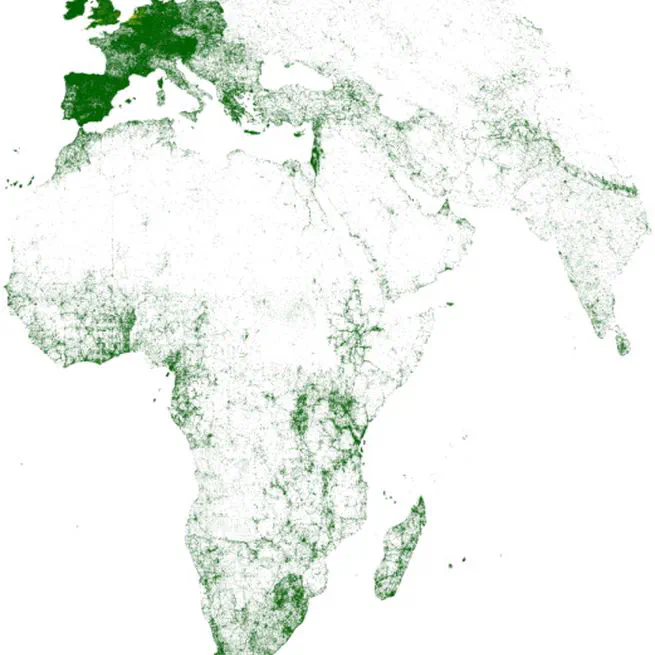
El-Gabbas A. & Dormann C. F.: Improved species-occurrence predictions in data-poor regions: using large-scale data and bias correction with down-weighted Poisson regression and Maxent. Ecography DOI: 10.1111/ecog.03149. Appendix 1: Supplementary figures and tables Table A1: The estimated optimum combination of Maxent’s feature classes (FC) and Regularization Multiplier (RM) for each species and bias model type.
Jan 1, 2018
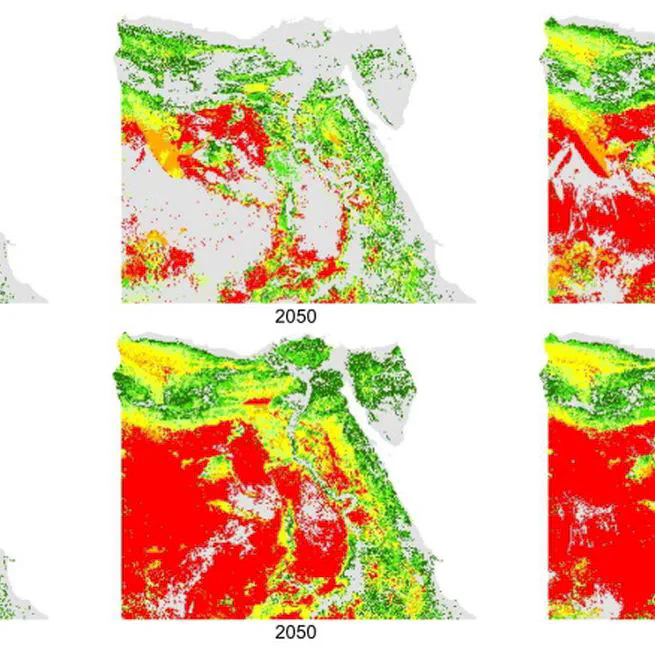
Download PDF Ahmed El-Gabbas Sherif Baha El Din Samy Zalat Francis Gilbert Conserving Egypt’s reptiles under climate change Journal of Arid Environments, 127:211–221 10.1016/j.jaridenv.2015.12.007 Climate change has caused range shifts and extinctions of many species in the recent past.
Apr 1, 2016

Supervisor:Prof. Francis Gilbert, School of Life Sciences, Nottingham University, Nottingham, UK. distribution of thE Egyptian rEptilEs undEr currEnt and futurE climatEs By: Ahmed El-Gabbas Supervisor: Dr. Francis Gilbert A thesis presented to the School of Biology, The University of Nottingham in partial fulllment of the requirements for the degree of Master by Research (Conservation Biology).
Jan 1, 2012